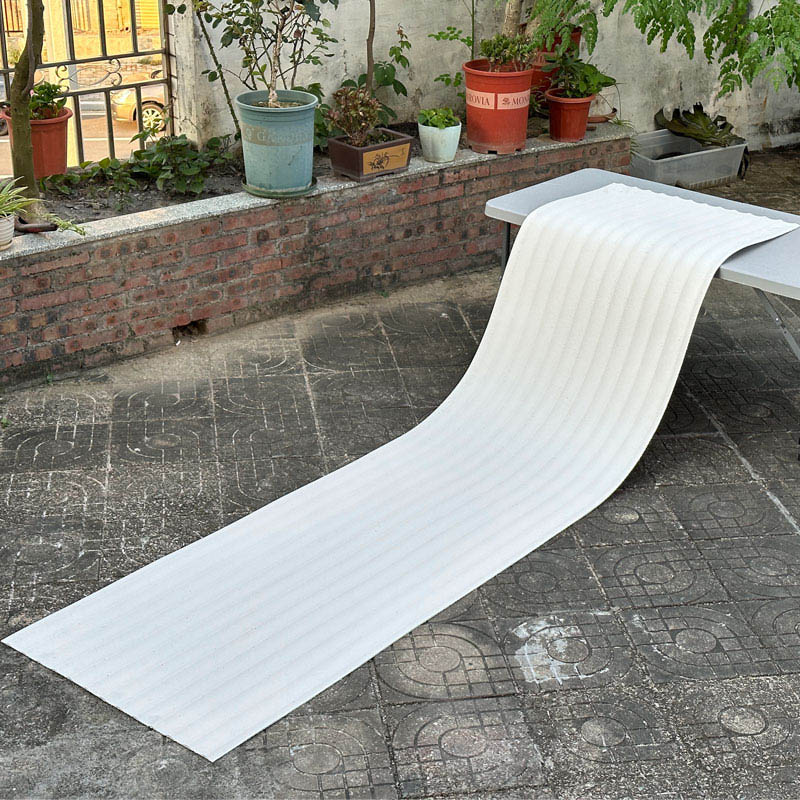What Is Flexible Stone and Why Is It Revolutionizing Interior and Exterior Design?
2025-07-04
In the world of architecture and interior design, innovation and creativity are key. One of the latest breakthroughs is flexible stone , a unique natural stone product that combines the timeless beauty of natural stone with modern flexibility and versatility. This innovative material is changing how designers and builders approach walls, furniture, facades, and decorative projects.
What Is Flexible Stone?
Flexible stone (also called flexible natural stone veneer or stone veneer sheets) is a thin, lightweight layer of natural stone, usually quartzite, marble, or slate, that is split into ultra-thin sheets and bonded to a flexible backing material such as fiberglass or resin. This makes the stone flexible and bendable, unlike traditional stone slabs that are rigid and heavy.

Key Features of Flexible Stone
1. Natural Beauty:
Since it is made from real stone, flexible stone retains all the natural textures, colors, and patterns of traditional stone.
2. Lightweight and Thin:
Typically 1-3 mm thick and weighing significantly less than conventional stone slabs, it is easy to handle and install.
3. Flexibility:
Can be bent, curved, or shaped to fit around columns, arches, furniture, or irregular surfaces.
4. Durability:
Maintains the hardness and durability of natural stone, suitable for both interior and exterior use.
5. Eco-Friendly:
Uses less raw stone material and generates less waste compared to traditional stone cutting.
Applications of Flexible Stone
Wall Cladding: Interior feature walls, fireplace surrounds, and exterior facades.
Furniture: Tabletops, cabinet fronts, countertops, and decorative panels.
Architectural Details: Columns, arches, and curved surfaces.
Retail and Hospitality: Storefronts, displays, and decorative accents.
Transportation: Yacht, train, and vehicle interiors where lightweight materials are preferred.
Advantages of Using Flexible Stone
Ease of Installation:
Can be glued onto various substrates such as drywall, wood, metal, or concrete without heavy-duty support.
Cost-Effective:
Less transportation and installation cost due to reduced weight and thickness.
Design Freedom:
Enables creative applications that were difficult or impossible with traditional stone slabs.
Low Maintenance:
Natural stone surface resists stains and can be cleaned easily.
How to Care for Flexible Stone?
Regular dusting and cleaning with mild soap and water are sufficient. Avoid harsh chemicals or abrasive cleaning tools to preserve the stone's surface.


